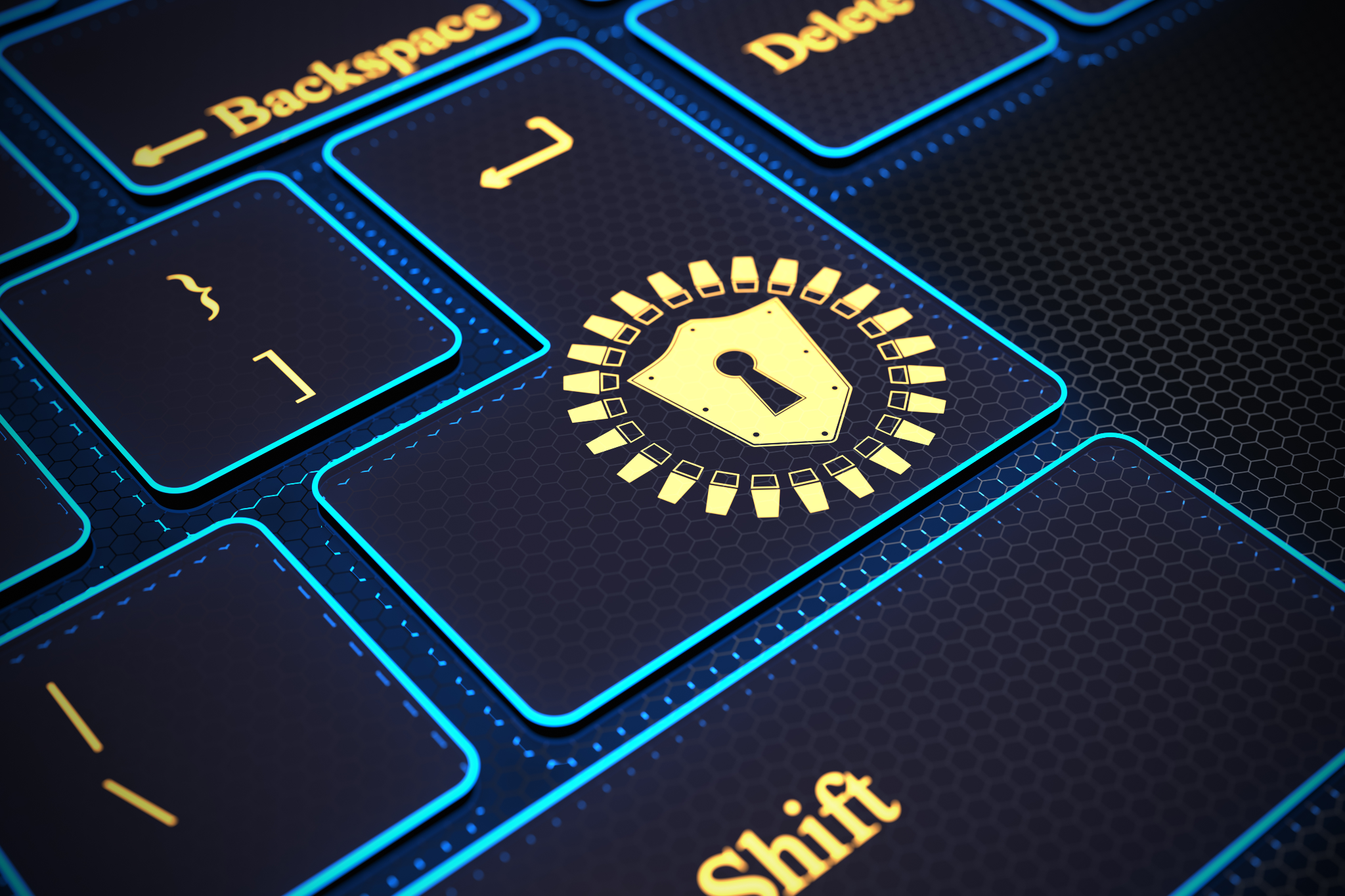As the Internet is open, anything that happens there can be viewed unless it is encrypted. People in modern countries are more concerned about being hacked than they are about any other crime. Criminals, terrorists, and even state actors test every computer or phone on the Internet for weaknesses on a regular basis. Someone could hijack your device or accounts if you’re not vigilant, and even take your identity or money if you’re not careful. Here are some expert hacking advice you don’t want to miss.
Keep an eye out for the lock.
Always check the address bar of the site you’re on to verify if it’s secured when you’re surfing the web. Any information you send to the website you’re visiting will be sent over a secure line if the URL address bar says HTTPS and has a lock.
Make sure the URL is correct.
Next, always verify the URL to ensure you’re on the correct version of a website. Clicking on fraudulent emails is the most common way for consumers to end up on fake websites. This is a phishing scam.
Only download from reputable websites.
When a website invites you to download something, whether it’s a link in an email or you’re just surfing the web or looking for games, you should be cautious. This may lead to the installation of malicious programmes known as malware, or the installation of third-party browser extensions that track your browsing behaviour.
Make sure you have the latest security updates installed.
Because of flaws in the system you’re using, your computer can be attacked even if you don’t do anything. You should install these security updates as soon as possible, ideally the same day they become available.
Use Strong Passwords
The majority of people use the same password across all platforms, and their password is easy to guess. You’d be surprised how many individuals use “ABC123” or “12345” as a password. Using a password like this is tantamount to inviting a hacker inside your home.
Using LONGER passwords is far more beneficial for true security. A 16-character alphanumeric password is significantly more secure than an 8-character password that includes special characters.
Use Multiple Passwords
You must use a separate password for each web site you access, in addition to choosing secure passwords. You don’t want a hacker to gain access to all of your accounts if they gain access to one of your passwords.
Two-Factor Authentication should be enabled.
This one makes a significant difference! Wherever possible, use two-factor authentication, especially for your most sensitive data, such as email, social media, and cloud storage accounts. Two-factor authentication adds an extra layer of security to your password, requiring someone else to log in as you even if they know your password.
